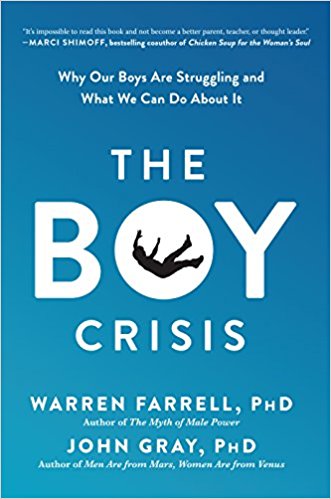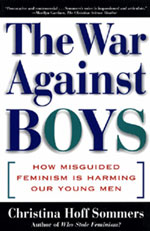![]()
Parents abuse children by smoking, group says
The Globe and Mail, By André Picard, PUBLIC HEALTH REPORTER, Tuesday, January 21, 2003, Page A8
Exposing children to second-hand smoke is tantamount to child abuse, the Canadian Lung Association says.
In a controversial statement released yesterday to mark Non-Smoking Week, the venerable charitable organization called on parents to stop smoking in the home because they are endangering the health of their children.
"Children who are exposed to second-hand smoke are victims in their own homes -- the very environment that is supposed to be safe and protective," said Noel Kerin, an occupational and environmental medicine specialist and medical spokesman for the lung association.
"Second-hand smoke is damaging to a child's health and is tantamount to child abuse. The evidence is too compelling to present it in half measures or to worry about political correctness. We have a significant social and health problem that needs public attention and the associated pressure of public intolerance to correct it."
Dr. Kerin said that a child whose mother smokes half a pack of cigarettes daily has double the risk of developing asthma. A child who has asthma who lives in a home where someone smokes will have three times as many asthma attacks, which can require hospitalization and even cause death.
Exposure to tobacco smoke increases children's risk not only of asthma, but of respiratory tract infections, ear infections and sudden infant death syndrome. Children who live with smokers are also more likely to become regular smokers.
"An adult in that situation can choose not to be abused -- they can leave -- but a child cannot. These children have to be protected," Dr. Kerin said.
He refused to say, however, what sanctions should be applied to parents who smoke in the home, saying that is not the lung association's area of expertise.
Nico Trocmé, director of the Centre for Excellence for Child Welfare at the University of Toronto and one of Canada's foremost experts on child abuse, said there are "certainly some circumstances where smoking in the home could be considered to be child abuse" but, in general, child-welfare authorities would not view it in that way.
He cited the example of a parent who smoked a lot in front of an asthmatic child, triggering asthma attacks. "In that case, yes, I would say report it to child-welfare authorities," Dr. Trocmé said.
"That's abusive and state intervention is required. But between that and saying all smoking in the home where there is a child is abuse is quite a distance."
Peter Dudding, executive director of the Child Welfare League of Canada, agreed, saying: "Currently, smoking is not grounds that would warrant removal of a child from the home, but that's not to say it shouldn't be. There's a shifting level of knowledge and tolerance in our society about smoking."
He said he hoped the lung association's provocative stand would help get the health message out.
There are 2.4 million Canadian households with children under the age of 12. According to Health Canada's Canadian Tobacco Use Monitoring Survey, children in about 25 per cent of those homes are routinely exposed to second-hand smoke.
The lung association is not the first group to label smoking near children as a form of abuse.
In 1997, James Garbarino, an internationally recognized expert on child protection, caused a furor when he made a similar declaration.
And in 2000, researchers at the Ontario Tobacco Research Unit declared that physicians have a duty to encourage parents to quit smoking and to report the abuse to child-welfare authorities if they do not.





